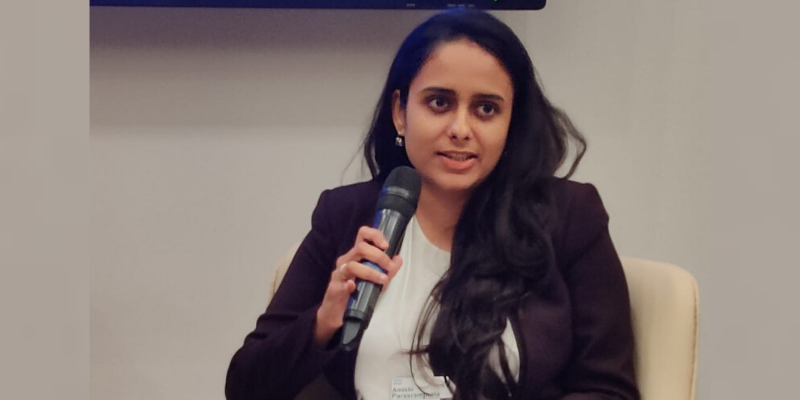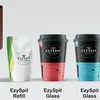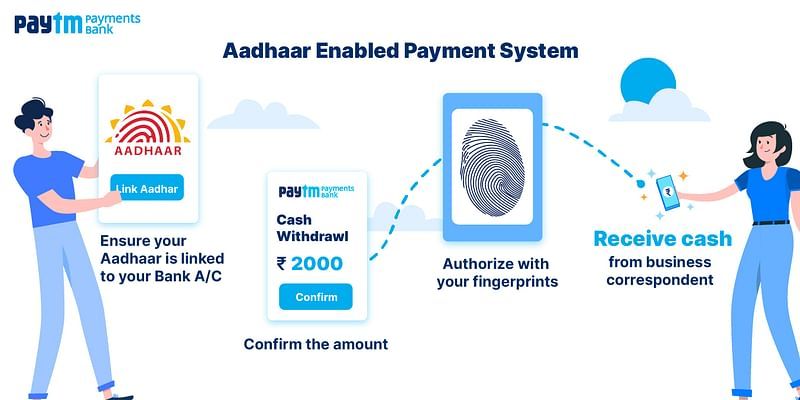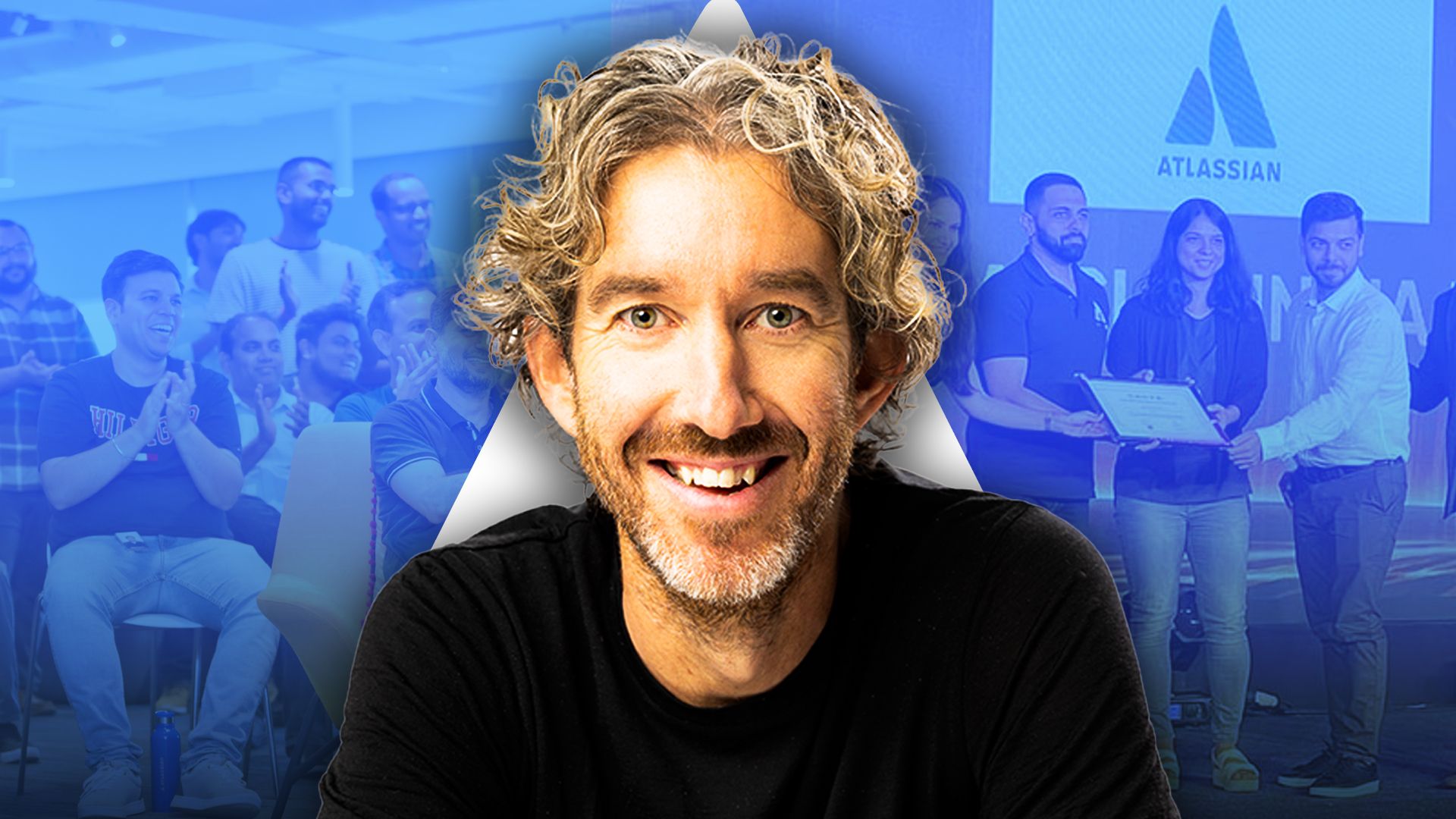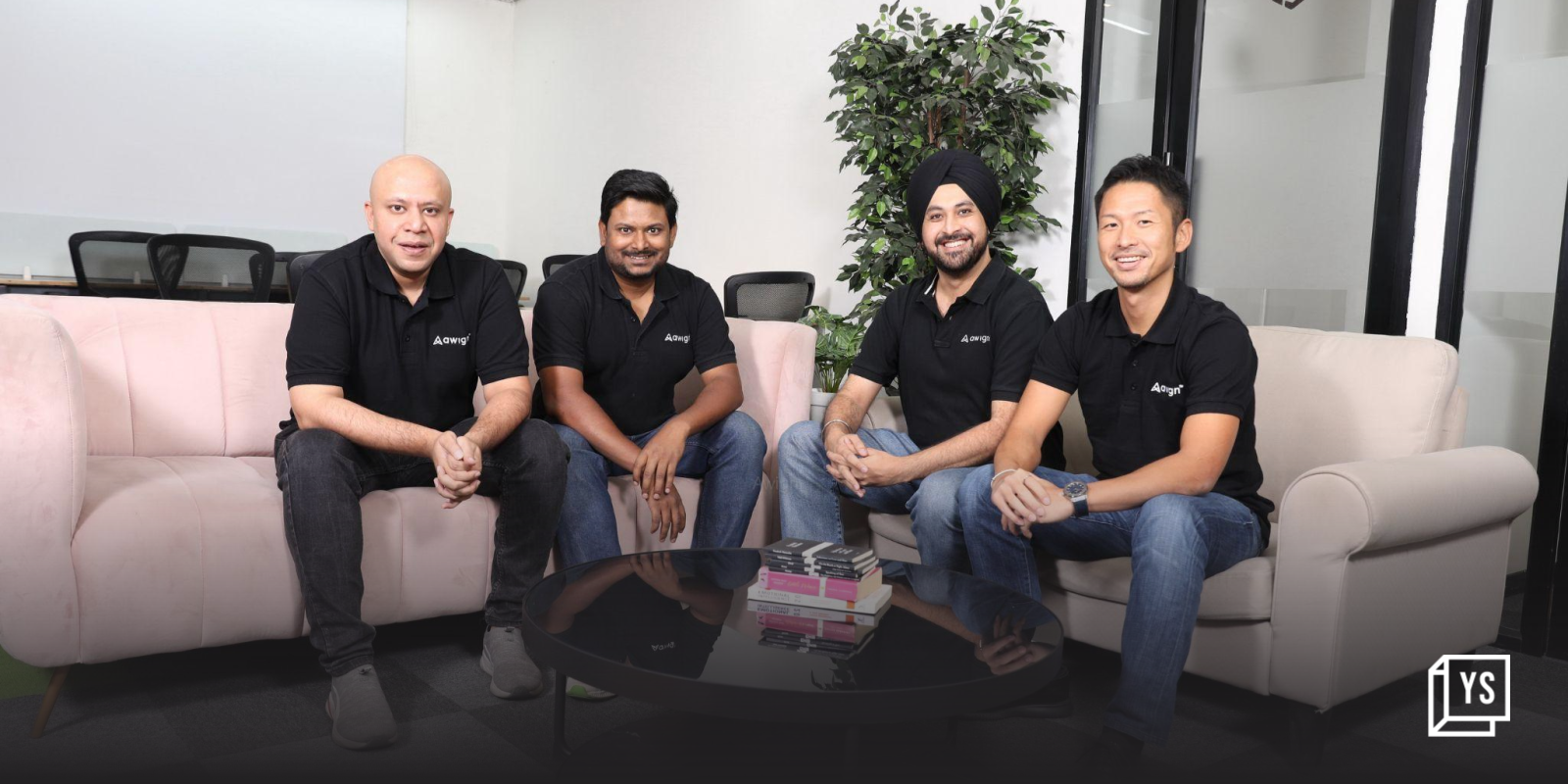This woman entrepreneur is promoting environmental awareness in children with eco-friendly games
Mumbai-based Upcycler’s Lab wants to develop an eco-conscious mindset and behaviour among children through board games, puzzles, and storybooks. Founded in 2018, it is currently present in India, Kuwait, Germany, and Singapore.
Amishi Parasrampuria was introduced to several sustainable and eco-friendly organisations in the UK while pursuing her master’s in International Management from the University of Bath School of Management.
After returning to India, she took up a full-time marketing job at a travel startup. In her free time and during the weekends, she experimented with upcycling waste products, which gave birth to The Upcycle Project in 2014 in Mumbai.

Amishi Parasrampuria, Founder, Upcycler's Lab
Amishi says, the idea was to initiate dialogue and action around environment conservation by upcycling waste into utility products and sell them through online stores.
“We thought using eco-friendly products will get people excited and start deliberating on the bigger problems like climate change. Sadly, the opposite happened. Most people would think they had done their bit just by purchasing, and were not interested in the background processes. This is not what we wanted,” Amishi recalls.
Later, as part of the Global Shapers Community, a youth initiative by the World Economic Forum, Amishi worked on a non-profit project with 1,500 children. Here, they turned consumer plastic into 7,000 eco bricks and successfully built a security cabin.
The project made the entrepreneur realise that children are powerful agents of change, influencing not just their parents and teachers but were able to get the local DMC and political parties involved as well.
This led her to start her second social enterprise, , in 2018.
A for Air, B for Bucket, C for Compost
“A person’s habits and routines are formed by the age of nine. So, a child will be able to internalise concepts if introduced early on, and during the impressionable years. It is just as simple as how they learn to brush their teeth every day,” Amishi shares, adding that she wanted to build inherent eco-friendly habits through play-based learning, which helps children retain 80 percent more information.
Catering to children aged between two and nine-years-old, the Upcycler’s Lab has designed collaborative board games, puzzles, storybooks, and eco alphabet flash cards, based on environment-related topics including waste segregation, forest and wildlife conservation, among others.
For example, the eco alphabet flash cards contain lessons like A for Air (instead of A for Apple), with a catchy description on the importance of clean air; B for Bucket to encourage using buckets to take a bath with less water.
Notably, children would play as a team against an environmental threat in the board games, conveying that it takes all the people to save the earth from environmental degradation. A board game on ocean conservation, which is yet to be launched, introduces the players to pollutants like discarded fishing nets and plastics and its effects. The players must then clean the ocean together at a time and against time.
“We also keep it positive and are focussed on solutions because most conversations around climate change right now are very negative, with a doomsday approach. And children may not respond to that well. So, we wanted to make it fun and exciting,” she adds.
After assembling the concept and messages of the game together, the startup worked with professional board game developers to ensure the games appeal to the young audience. This, Amishi says, is because several NGOs and companies have failed in getting children’s attention due to heavy fixation to environmental concepts.
It also sends a dummy version of the games to parents and educators and improvise further based on their inputs. Priced between Rs 400 to Rs 1,000, the social startup operates on unique models of B2C in India through online platforms, physical store, and workshops in schools.

It follows a B2B model in Germany, and B2G in countries like Kuwait and Singapore. In 2019, the entrepreneur connected with Germany-based sustainable company, Blackforest Solutions, as sales partner, which got organisations like Kuwait Environment Protection Society on board.
Today, the startup’s games are used in Green School programmes in Kuwait through the government.
“This is really good because persuading individual parents through would have taken a lot of time. A large-scale impact like this helps save time and educate a generation, and we are looking to partner with more countries through the formal education system quickly,” Amishi adds.
Market competition
The entrepreneur says there has not been much competition in the market. “There are very few organisations, including NGOs, who make learning tools for their curriculum, which are usually worksheets and workbooks, and not thought out the way our products are designed,” she shares.
Additionally, Amishi says that only about four or five global board game manufacturers have ventured into environment-related themes like photosynthesis “which is more to do with science than eco-conscious habits.”
Funding and challenges
Amishi has faced subtle sexism as a woman entrepreneur, which she says is unfortunately common among women entrepreneurs. Manufacturers would not take her seriously and prefer to speak with her male business partner. "Other people would also not take my work seriously and call it a hobby," she adds.
However, one of the biggest challenges the startup faces as a social venture is to raise funds because “we want an investor who is aligned with our vision and goals.”
While expanding to learning tools in the usual subjects like mathematics and science is a possible scope, many investors are interested in gaining revenue, and do not understand the importance of not using plastic in their products.
She explains, “We don’t use any kind of plastic in our products - even the inside segment, the dice, and the varnish on top of the print, there's no plastic at all, and we use FSC certified recycled paper. With these environmentally focussed products, wrapping them in plastic is completely against what we stand for. But many don't really understand.”
Additionally, she experienced that a social venture in India is expected to focus on the less privileged population - the lower strata of social pyramid. Amishi maintains that it is not the right approach since environment-related issues are a global concern. “In fact, those who are well-to-do consume more and generate more waste,” she adds.
So far, the startup has received two grants from Powered Accelerator - a grant of $10,000 in 2018, and an undisclosed amount in January 2020. Amishi is currently looking to raise seed funding and scale the business further.
Edited by Megha Reddy





